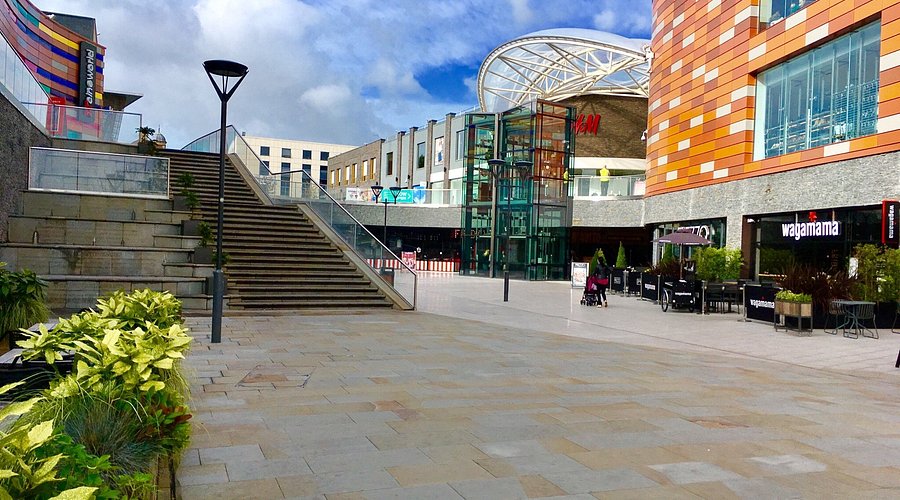Indoor Market Insurance: Traditional Market Hall Protection
Traditional indoor markets and market halls face unique risks that require specialized insurance coverage. From managing multiple stall holders to ensuring public safety, market operators need comprehensive protection tailored to their distinctive business model.
Understanding Indoor Market Risks
Indoor markets operate in a complex environment where multiple businesses share common spaces. Market hall operators must consider risks that extend beyond typical commercial premises:
- Multiple Occupancy Challenges: Managing insurance across numerous stall holders and traders
- Public Safety Responsibilities: High footfall areas with diverse customer demographics
- Fire and Safety Hazards: Cooking facilities, electrical equipment, and crowded conditions
- Building Heritage Issues: Many market halls are historic buildings requiring specialized maintenance
- Income Dependency: Revenue relies on successful stall holder operations and customer footfall
Essential Coverage for Market Halls
Building and Property Insurance
Traditional market halls often occupy historic or architecturally significant buildings requiring specialized coverage:
- Historic building restoration costs
- Structural damage from fire, flood, or subsidence
- Roof and glazing protection for Victorian-era market halls
- Heating, lighting, and ventilation systems
- Market fixtures, stalls, and common area equipment
Public Liability Protection
With hundreds of visitors daily, robust public liability coverage is essential:
- Slip, trip, and fall incidents on market floors
- Injuries from falling objects or stall equipment
- Food poisoning claims from multiple food vendors
- Crowd control and emergency evacuation issues
- Accidents involving market trolleys and equipment
Business Interruption Insurance
Market closures can devastate both operators and stall holders:
- Lost rental income from stall holders
- Ongoing expenses during closure periods
- Alternative accommodation costs for displaced traders
- Marketing costs to rebuild customer base post-reopening
- Extended closure due to licensing or safety issues
Specialized Market Hall Considerations
Stall Holder Management
Managing insurance across multiple independent traders requires careful coordination:
- Ensuring adequate stall holder public liability coverage
- Product liability for goods sold within the market
- Employers liability for stall holders with staff
- Professional indemnity for service-based stall holders
- Coordination with individual stall holder policies
Food Safety and Hygiene
Markets with food vendors face additional regulatory and insurance challenges:
- Food hygiene compliance across multiple vendors
- Contamination and food poisoning liability
- Refrigeration and food storage equipment coverage
- Waste management and pest control issues
- Environmental health enforcement actions
Security and Theft Protection
Indoor markets require comprehensive security coverage:
- Theft of stall holder merchandise and equipment
- Cash handling and till security
- After-hours break-ins and vandalism
- CCTV and security system coverage
- Staff and trader personal safety
Regulatory Compliance and Licensing
Market halls must comply with numerous regulations affecting insurance needs:
- Local Authority Licensing: Market operator licenses and compliance requirements
- Fire Safety Regulations: Emergency exits, fire suppression, and evacuation procedures
- Health and Safety: Risk assessments for public areas and working conditions
- Food Hygiene Standards: Environmental health compliance for food vendors
- Building Regulations: Structural safety and accessibility requirements
Risk Management Strategies
Prevention and Safety Measures
- Regular building maintenance and safety inspections
- Comprehensive fire safety systems and procedures
- Clear emergency evacuation plans and signage
- Regular health and safety training for all traders
- Robust cleaning and maintenance schedules
Stall Holder Vetting
- Verification of trader insurance coverage
- Food hygiene certification for food vendors
- Electrical safety testing for equipment
- Regular compliance audits and inspections
- Clear terms and conditions for stall rental
Choosing the Right Indoor Market Insurance
Selecting appropriate coverage requires understanding your market's unique characteristics:
- Market Size and Type: Traditional markets, food halls, or mixed-use venues
- Building Age and Condition: Historic buildings may require specialized coverage
- Trader Mix: Food vendors, crafts, retail, or mixed offerings
- Visitor Numbers: Daily footfall affects liability exposure
- Operating Hours: Extended hours increase various risk exposures
Claims Support and Market Continuity
When incidents occur, rapid response is crucial for market operations:
- 24/7 emergency claims reporting
- Specialist loss adjusters familiar with market operations
- Rapid temporary accommodation for displaced traders
- Business interruption support during closure periods
- Coordination with multiple stall holder claims


 0330 127 2333
0330 127 2333
